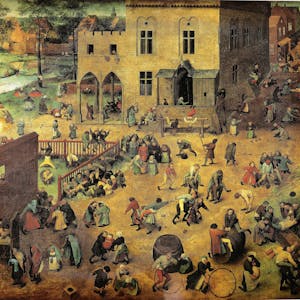Game Theory
About this Course
Popularized by movies such as \"A Beautiful Mind,\" game theory is the mathematical modeling of strategic interaction among rational (and irrational) agents. Beyond what we call `games\' in common language, such as chess, poker, soccer, etc., it includes the modeling of conflict among nations, political campaigns, competition among firms, and trading behavior in markets such as the NYSE. How could you begin to model keyword auctions, and peer to peer file-sharing networks, without accounting for the incentives of the people using them? The course will provide the basics: representing games and strategies, the extensive form (which computer scientists call game trees), Bayesian games (modeling things like auctions), repeated and stochastic games, and more. We\'ll include a variety of examples including classic games and a few applications. You can find a full syllabus and description of the course here: There is also an advanced follow-up course to this one, for people already familiar with game theory: You can find an introductory video here:Created by: Stanford University

Related Online Courses
Impact your financial decisions and learn how to affect the performance of your unit\'s profitability and of your organization. In this course gain a basic understanding of finance and accounting... more
This course assists aspiring and active entrepreneurs in developing great ideas into great companies. With strong economies presenting rich opportunities for new venture creation, and challenging... more
Embark on a transformative journey with the Foundations of Digital Marketing Specialization, designed to equip you with the essential skills and knowledge needed to excel in the digital marketing... more
Have you ever viewed a news report depicting the aftermath of a devastating natural disaster? The damage to human life and property are both staggering and heartbreaking. All parts of the world... more
This Specialization provides a rigorous treatment of spatial motion and the dynamics of rigid bodies, employing representations from modern screw theory and the product of exponentials formula.... more








